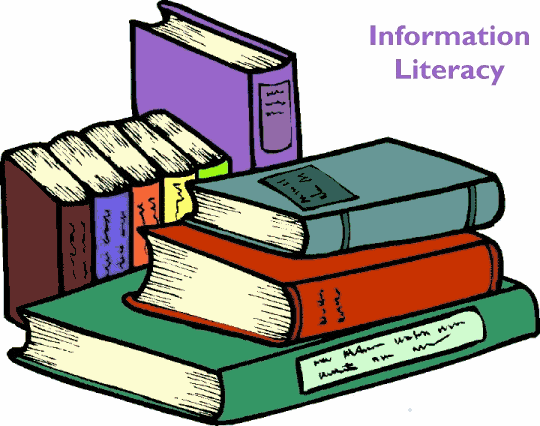

The New Cambridge Modern History (D 208 .N4)
An Encyclopedia of World History (D21 .L27 1952)
World History: A Dictionary of Important People, Places and Events ancient times to present (D9 .W47 )
Worldmark Encyclopedia of Nations (G63 .W67 1984)
History for Ready Reference (D9 .L32)
Hutchinson Dictionary of World History (D9 .H87 1993)
Historical Dictionary of Imperialism (D217 .H57 1991)
Penguin Companion to European Literature (PN41 .P43)
Readers' Companion to World Literature (PN41 .R4)
Check reference sources on the arts and music (looking
especially for information about
your time and place)
Oxford Companion to Music (ML100 .S37 1970)
Encyclopedia of the Arts (N31 .E54)
Encyclopedia of World Art (N31 .E4833)
Dictionary of Literary Biography (different sections on American, Austrian, British, Canadian, Chicano, German,Russian, french, Latin American,Caribbean, African, Italian, and Spanish literature in various genres--check individual volumes. Often general essays in front or back, with individual authors' entries as well). PN451 .D5 3.
We talked about bibliographies (for general readership essays) in the library's reference section, such as the Readers' Guide to Periodical Literature (AI3.R48) and the Essay and General Literature Index (AI3.E752). If you would like to check out some webliographies arranged by subject guide online, try the Digital Librarian website. Webgems is another subject guide site, though not quite as thorough as the Digital Librarian.
A good webliography (index to websites) on literary, artistic, and cultural topics is called the Voice of the Shuttle. Another site, focused on history by region and chronologically, is the Rhodes College Library's listing of web resources in history. Links on the top of the page go to additional sources focused in those areas.
A good reference list, this Digital
Librarian page includes biographies.com (20,000 + entries from A&E)
and the NPR series Engines of Ingenuity. The Biography Index listed on
this page includes more than 2 million entries.
1. make yourself a list of all the names, places, terms you want to know more about and every time you check a source see if any of those show up in the index
2. think about whether the items you want to identify are part of any movement, organization, or event. Are there any books or articles about that movement or organization or event? Do your terms show up in the index (example, the name Vita Sackville West might show up in my essay on the London literary scene. Shortly after I begin to do research, I notice that one of my other names to track down, Virginia Woolf, belongs to a literary movement called the Bloomsbury group. I find several good books and fifty articles on Bloomsbury in which Vita Sackville West is a topic.)
3. use biographies, memoirs, and collections of letters to your best advantage. Find one on any person who was a friend of someone you're working on, and you've probably hit pay dirt! Check the index.
4. It is still early enough to use interlibrary loan! Especially if you are having trouble finding information, check online bookstore and library catalogues, such as Amazon or the University of Michigan (search by subject) to see if there are books on your topic GVSU doesn't own. Another way to do this in the library (a bit slower) is to look in Books in Print for books currently in print or the National Union Catalogue for books owned by libraries. For your purposes, what you find at Amazon and at a major research university should give you a good sense of what's available.
5. When you search for concepts, rather than for specific names and events, try brainstorming a list of synonyms you can try. Often success in searching requires hitting on the right term. Another way to find the right term is to use the Library of Congress subject headings index (Z695 .Z8 L524 You'll find it right next to the computers in the reference room). You can look up your term in the book, and it provides the RIGHT synonyms, the ones used to catalogue books.
6. When you have one source, you have many sources (it sounds obvious, but people don't always think of it!!)--check the bibliography and notes to lead you to other sources!
7. Be creative, clever, flexible, and persistent as you do your research (those qualities will pay off!!). By the way, I mentioned in class that there are two reasons why academic types are so interested in helping students become "information literate." One is that if you can find information, you've got power (power to make decisions that affect your life in all sorts of ways). Another reason why we are so keen to have you do this sort of assignment is that in order to do it well, you need to develop and hone your critical thinking skills. To find out more about what those are, look at this site. If you plan to be a teacher, definitely look at this site!!
Don't forget that the two people who can demonstrate
they were the most creative, resourceful, clever, flexible, and persistent
in finding information for their projects, will win a prize (a good prize!).
It's the lovable Benny the Bookworm at the top of this page (only kidding!!
It really is a fine prize!).